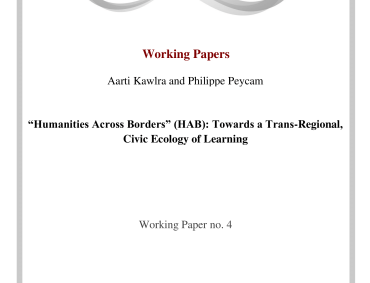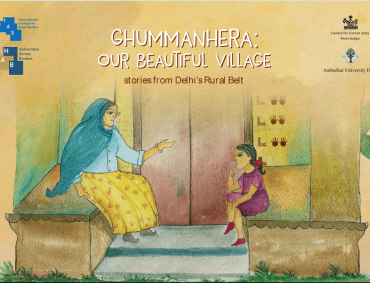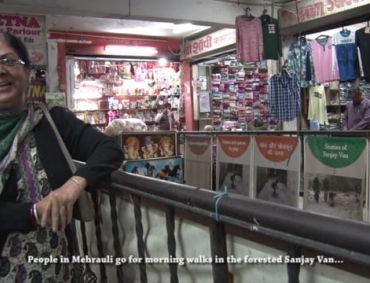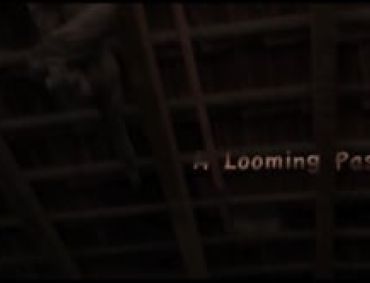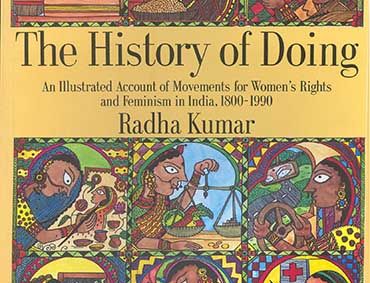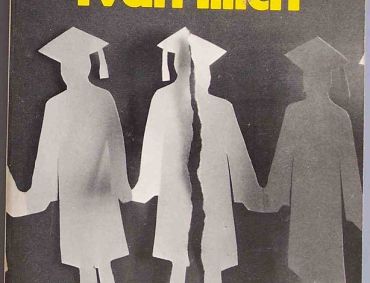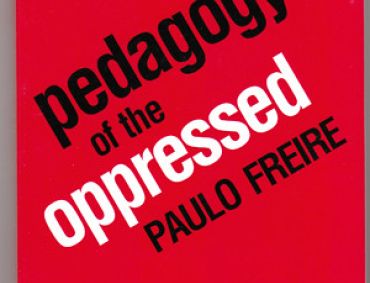Resources
In this co-authored working paper for the Shaping Asia Research Network of Bielefeld and Heidelberg Universities, International Institute for Asian Studies (IIAS) Director Philippe Peycam and HAB Academic Director Aarti Kawlra share their thoughts on implementing HAB as an initiative of the IIAS, with the goal of invigorating the Humanities with civic-minded pedagogies grounded in local experience, alongside university par
As part of the oral history work and engagement with local communities in the rural periphery of Delhi of Ambedkar University Delhi's Centre for Community Knowledge (CCK), this illustrated book for young people titled Ghummanhera: Our Beautiful Village - Stories from Delhi's Rural Belt is a story of Ghummanhera village as told by eleven-year old Ananya who visits her grandparents there. Villages like Ghummanhera are undergoing rapid change alongside growing connections with the metropolis.
Click image or the hyperlink to play the film.
This 13-minute film on Community Forest Rights of the Maldharis in Kutch, India was produced by the students of Srishti Films, Srishti Institute of Art, Design & Technology, Bangalore.
Click image or the hyperlink to play the film.
This video was produced by Vettiver Collective, an activist group, in Chennai, India. It is intended to bring to the awareness of the state government and civil society the need to safeguard the delicate ecosystem of the Ennore creek, a backwater located in Ennore Chennai, 20 km north of the city centre and 2.6 km south of the Ennore Port.
Click image or the hyperlink to play the film.
In early 2017, the Centre for Community Knowledge (CCK) at Ambedkar University, as a part of the Urban Knowledge Network Asia (UKNA) roundtable in Delhi, produced this process film, discussing the methodology and experience of putting together a pop-up neighbourhood museum at Mehrauli.
Click image or the hyperlink to play the film.
Blue Alchemy: Stories of Indigo (2016) is an independent documentary film, funded by Women Make Films, a non-profit media organization. It was filmed in India, Japan, Bangladesh, Mexico, El Salvador, Nigeria, and the USA. It showcases the historical and geographic spread of indigo, both as a dye and as an idea.
Click on the image or the hyperlink to play the film.
A Looming Past is a documentary of the non-profit organisation Foundation to Aid Industrial Recovery (FAIR) India, which weaves together a multi-layered narrative of the lives of traditional coarse blanket weavers in a small southern Indian village in Karnataka State, Yaravarahalli.
Writing for Slate.com, Michael Agger introduces Shop Class as Soulcraft: An Inquiry Into the Value of Work thus: “When Matthew Crawford finished his doctorate in political philosophy at the University of Chicago, he took a job at a Washington think tank. “I was always tired,” he writes, “and honestly could not see the rationale for my being paid at all.” He quit after five months and started doing motorcycle repair in a decaying factory in Richmond, Va.
Published in 1993, The History of Doing: An Illustrated Account of Movements for Women’s Rights and Feminism in India, 1800-1990 by Radha Kumar is a landmark work on the women’s movement in India. It was brought out by Kali for Women, India’s first feminist publishing house, which, along with its imprint Zubaan, has been responsible for some of the finest scholarship on women in South Asia.
Raymond Williams was a Welsh novelist, literary critic and political theorist whose work laid the foundation for cultural studies. According to Maurice Cowling, Williams along with Eric Hobsbawm, and E. P. Thompson were the chief agents of the transformation that took place in British intellectual Left from 1965 to 1985.
DeSchooling Society was the first book of the 20th century iconoclast, Ivan Illich. Though he was born in Vienna, he became a Roman Catholic priest and spent most of his life working in Puerto Rico and Mexico.
One of the foundational texts of critical pedagogy, Pedagogy of the Oppressed was a revolutionary text. Paulo Freire takes a hatchet to traditional methods of pedagogy with the aim of creating a new kind of education.
